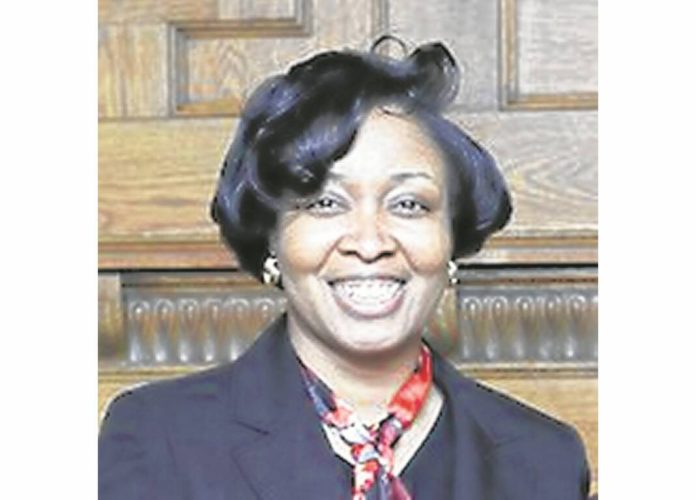PBS NewsHour’s senior correspondent Judy Woodruff traveled the country for six months last year to get more insight on the partisan divisions, economic struggles and continued skepticism many people have regarding our nation’s institutions. I had some time recently to watch one of her November reports on Steubenville, Ohio, which hit close to home for me.
Steubenville is approximately four hours from Lima’s Ohio State University branch campus where I teach, and the poverty levels for both cities are similar. In Lima, roughly 25% of the population lives below the poverty line, and Steubenville’s poverty rate is exactly 25.4%, according to DataUSA. These rates are a glaring contrast from the national average of 11.5% reported by the Census Bureau. Woodruff cited additional Census Bureau stats that show the median household income for Steubenville is just $39,000 compared with “$74,000 across the country.”
Poverty and the daily strain of trying to make ends meet are the tough challenges that many Steubenville and Lima residents are facing. Parts of Woodruff’s report were similar to the 2020 Frontline documentary “Growing up Poor in America” which focused on children and their families from the Ohio cities of Columbus, The Plains and Marietta. Homelessness, unemployment and chronic underemployment were three of the primary issues addressed in the film along with the added burdens of stress and anxiety brought on by the COVID-19 pandemic.
Woodruff interviewed Steubenville residents who were working full time but still depended on assistance from food pantries to feed their children. The frustration of a young couple with a working father was obvious as they explained that rising inflation put sufficient food out of reach for them. Also, the lingering effects of the 1980s’ closures and layoffs from the once-booming steel industry are still being felt. As steel mill jobs were lost, thousands left the city. Steubenville had a population of 163,099 in 1980. A little over 114,000 were reported living there in 2022.
One resounding theme was apparent as I watched Woodruff’s interviews: Many people are grappling with holding on to hope for a better future. Black and white Steubenville residents who differ along political lines agreed that the problems of their city have not been adequately recognized by Washington. Now, Steubenville has received federal aid, recently winning a $500,000 Housing and Urban Development grant, and Woodruff pointed out that a city council member is applying for a $50 million grant to redevelop the city’s north end that would include a learning center. Woodruff’s feature did not specifically mention the focus of the learning center.
If the redevelopment grant is awarded, hopefully job retraining would be implemented for those looking for employment, and high school students could get more guidance in acquiring the skills they need for the workforce or college. The progress of a successful north-end redevelopment could also attract businesses to invest in the area and create more job opportunities.
Although efforts are being made to improve conditions in Steubenville, from what I observed in Woodruff’s interactions with the locals, it appears that many feel empathy is greatly lacking among political leaders for those barely surviving. Faith-based organizations such as the Urban Mission Ministries are stepping in to provide families with help, but even with the compassion of a church, it’s understandably difficult for many to receive food and other necessities when they are used to supporting themselves.
With 2024 being an election year, those who reside in Steubenville and other Ohio cities struggling with high poverty rates need to make sure that their elected officials pay serious attention to their financial hardships. Ohio is still very much a coveted battleground state, and Steubenville has been on the campaign trails of former Presidents Jimmy Carter, Ronald Reagan and Bill Clinton.
It was abundantly clear to me that many in Steubenville feel that they don’t have a strong voice to represent them. In thinking of their plight, I reflected on what Proverbs 31:8-9 teaches regarding speaking up for the poor and those who are downtrodden. The Scripture urges us to “plead the cause of the poor and needy” for such action honors God. Poverty is not a partisan issue, and cities like Steubenville should remind us that we should never be divided when it comes to human dignity.
Dr. Jessica A. Johnson is a lecturer in the English department at The Ohio State University-Lima. Reach her at [email protected] or on Twitter @JjSmojc. Her opinion does not necessarily represent the views of The Lima News or its owner, AIM Media.







